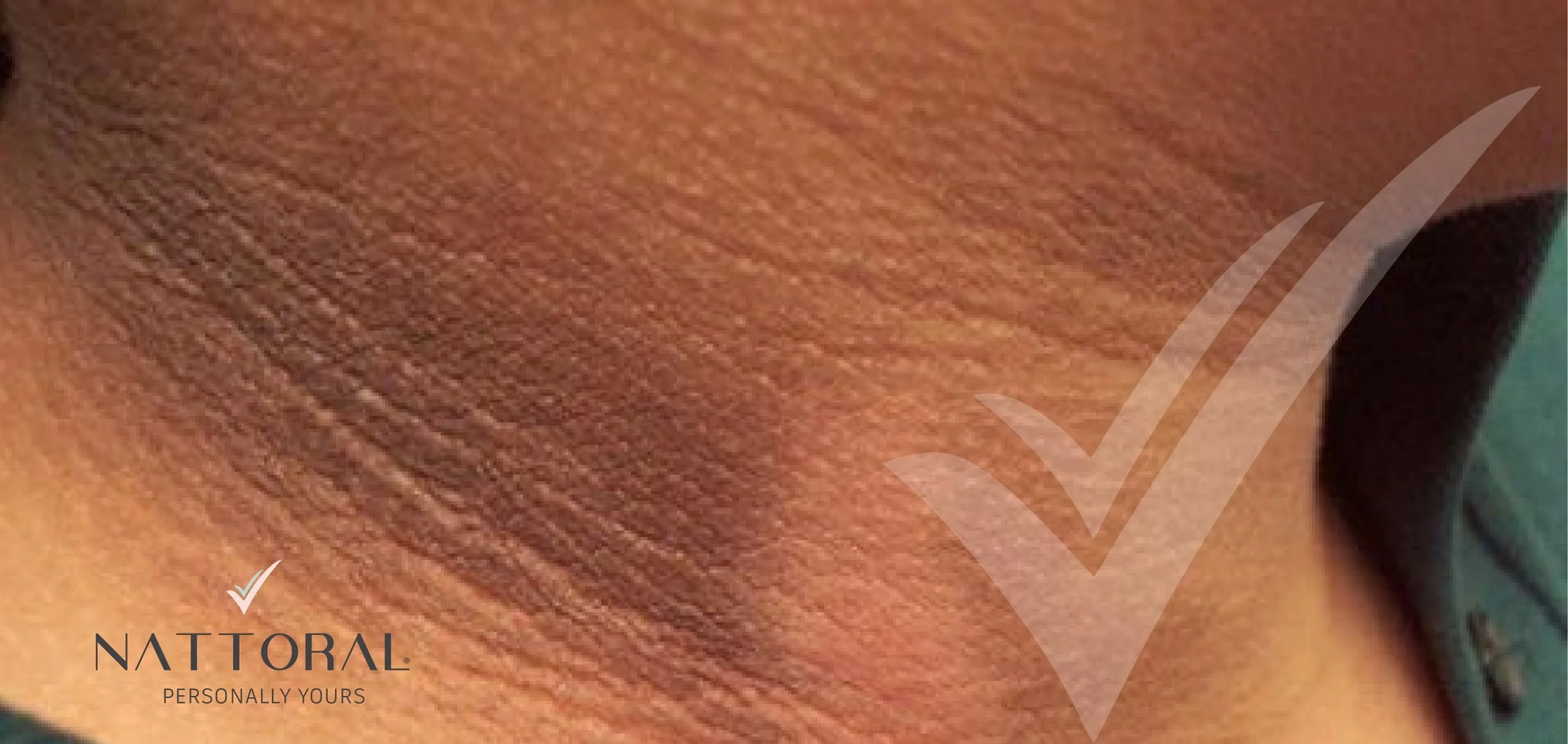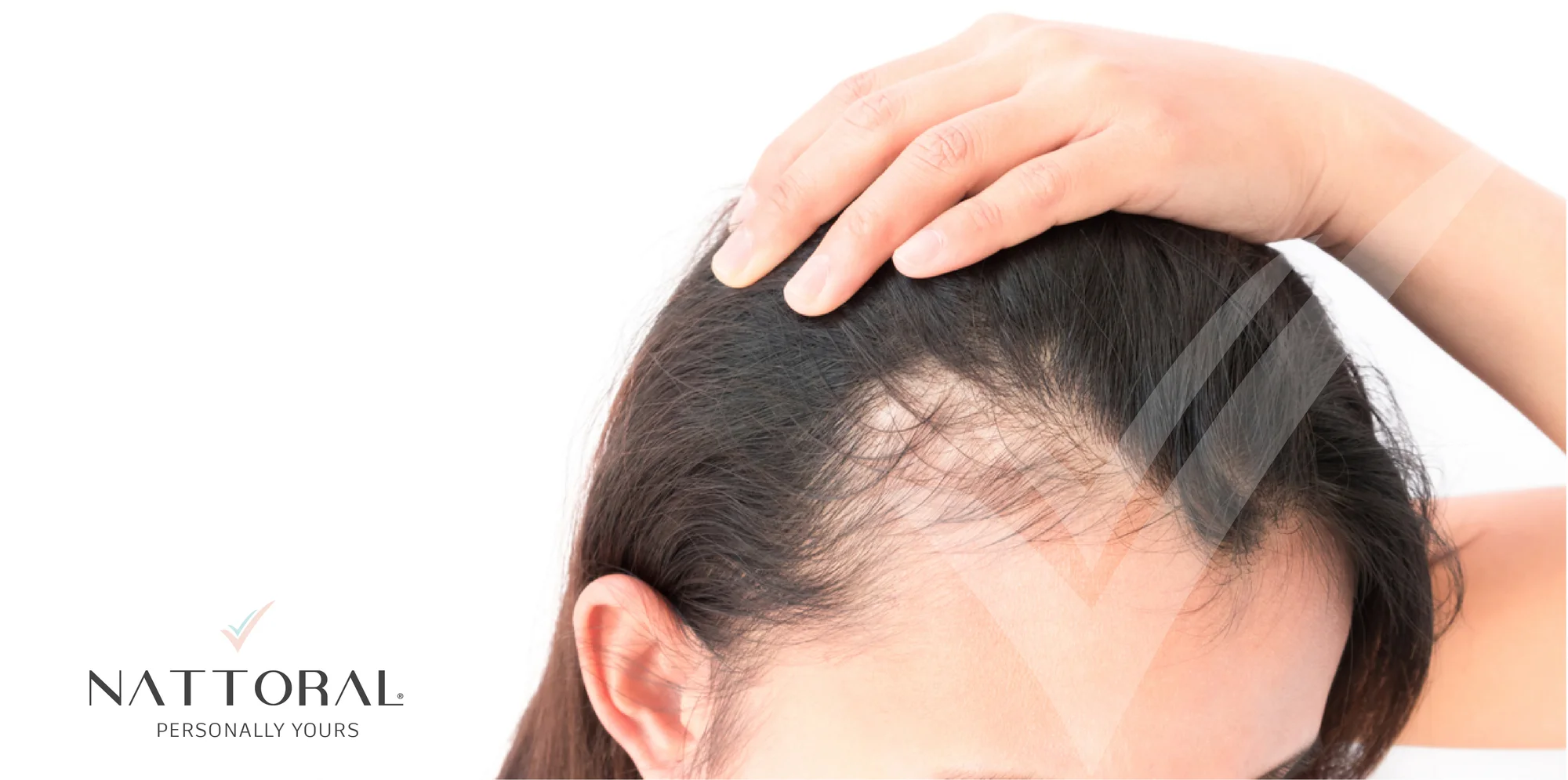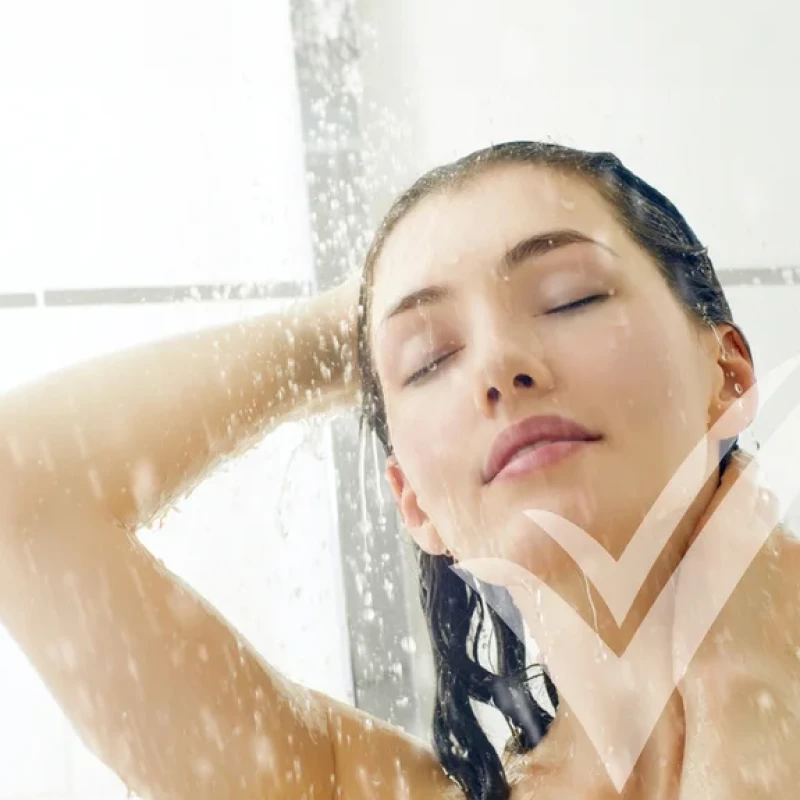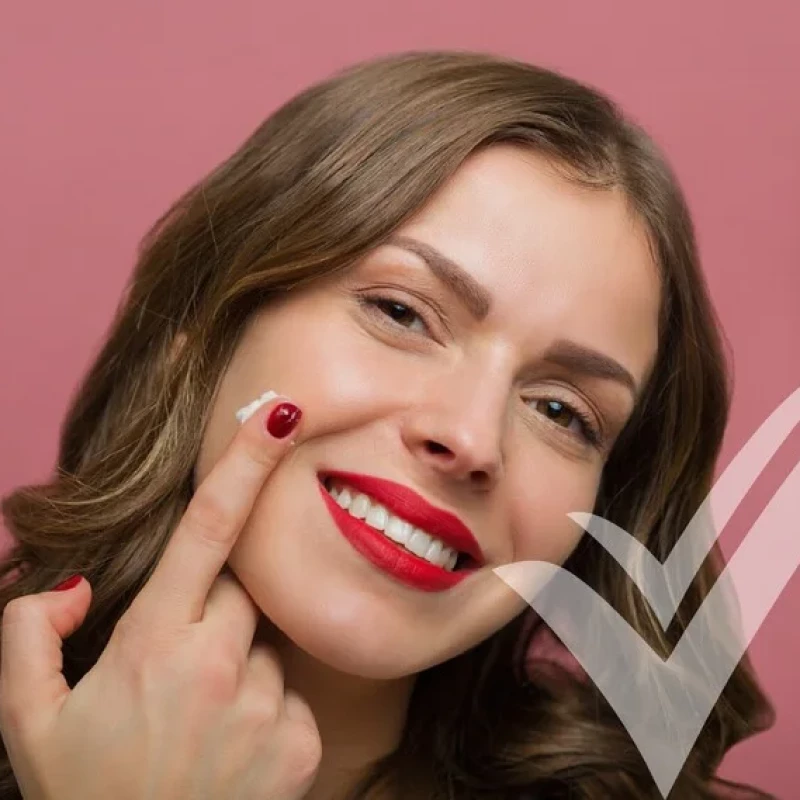What is PCOS?
Or what is known as Polycystic Ovarian Syndrome (PCOS), which is one of the most common hormonal disorders among women of childbearing age. This syndrome is characterized by symptoms that may include irregular menstrual cycle, or an increase in the levels of the male hormone (androgen). This syndrome is represented by the production of one or both ovaries of small fluid-filled sacs called follicles; these acclimate in the ovary, hindering its ability to release eggs regularly.
Although scientists linked some factors as one of the causes of polycystic ovaries, the main cause is not clear, and therefore the treatment of this condition is still somewhat complicated, but there is no doubt that weight loss and early diagnosis reduce the possibility of the long-term complications associated with this syndrome. Also, lifestyle changes and following the doctor's recommendation are often enough to control this syndrome.
How does PCOS affect skin’s health?
The hormonal imbalance caused by polycystic ovary syndrome affects the nature of the skin of the affected person, often as a result of the high level of androgens (hormones responsible for the emergence of male characteristics, these hormones are present at specific levels in men and women), which causes the appearance of acne on the face, the neck, chest, and upper back.
In addition to the appearance of acne, PCOS may cause other skin problems, some of which can be described as follows:
Skin tag:
It is a small, soft skin growth in the form of small pimples, which spreads along the neck, armpits, and lower breasts. These warts usually do not cause any pain or discomfort, but women may find them unpleasant.
Acanthosis nigricans:
The skin in some areas affected by this condition appears darker and thicker than the surrounding area, especially in areas where the skin folds such as the groin, armpits and neck, this condition is well linked with Insulin resistance.

Dry skinand dandruff:
Some women with PCOS suffer fromdry skin,which may be accompanied by skin itching, especially in the winter and cold weather. It is also linked to dandruff.
Tips to take care of skin problems caused by polycystic ovaries
1- Washing the face twice a day or more using a gentle cleanser.
2- Avoid extreme or excessive exfoliation and replace it with gentle exfoliation methods instead.
3- Avoid showering with hot water for long periods of time.
4- Use a moisturizer for the skin immediately after showering, taking into account the type of skin and using the appropriate type of moisturizer.
5- Avoid picking on acne spots.
6- Avoid excessive exposure to sunlight and artificial tanning.
How does PCOS affect hair?
The symptoms of polycystic ovaries are not limited to the skin, as women with PCOS may suffer from Hirsutism; which is an excessive hair growth in different areas in the body as a result of an increase of androgen, which accompanies polycystic ovaries. It is one of the most common problems associated with polycystic ovaries.Although polycystic ovaries cause excessive hair growth in some areas of the body, the increase in this hormone may cause hair thinning, causing what’s known as androgenic alopecia.

Are these symptoms treatable?
Unfortunately, there is no specific and complete treatment for polycystic ovaries, but doctors use medical treatments that contribute to relieving these discomforts, and restoring the balance of hormones as much as possible, and may also recommend some specific treatments for each problem, for example hirsutism can be treated using laser hair removal, while It is possible to reduce insulin resistance and enhance the body’s sensitivity to it by prescribing an adjuvant drug known as Metformin, which increases the sensitivity of cells to insulin.
Final words:
These symptoms may seem annoying and difficult to deal with, and sometimes that might be true, but many women in different places have been able to control PCOS in ways that have improved their quality of life in general, as the secret to controlling PCOS lies in a healthy balanced lifestyle.
References:
“Pcos (Polycystic Ovary Syndrome) and Diabetes.” Centers for Disease Control and Prevention, Centers for Disease Control and Prevention, 24 Mar. 2020.
“Polycystic Ovary Syndrome (Pcos): Symptoms, Causes, Tests, and Treatment.” WebMD, WebMD, www.webmd.com/women/what-is-pcos.
Nicole Galan, RN. “5 Winter Skin Tips for Women with PCOS.” Verywell Health, Anita Sadaty, 16 Nov. 2019, www.verywellhealth.com/winter-skin-tips-for-women-with-pcos-2616670.
“Pcos, Acne, and Acne Treatment: What to Know.” Medical News Today, MediLexicon International, www.medicalnewstoday.com/articles/pcos-acne.
“Acanthosis Nigricans.” Mayo Clinic, Mayo Foundation for Medical Education and Research, 9 June 2020, www.mayoclinic.org/diseases-conditions/acanthosis-nigricans/symptoms-causes/syc-20368983.
“Skin Tags.” Nhs Choices, NHS, 20 Nov. 2019, www.nhs.uk/conditions/skin-tags/. Kristina Liu, MD, and MD Janelle Nassim. “Polycystic Ovary Syndrome and the Skin.” Harvard Health, 29 Apr. 2021, www.health.harvard.edu/blog/polycystic-ovarian-syndrome-and-the-skin-2021042922502.


